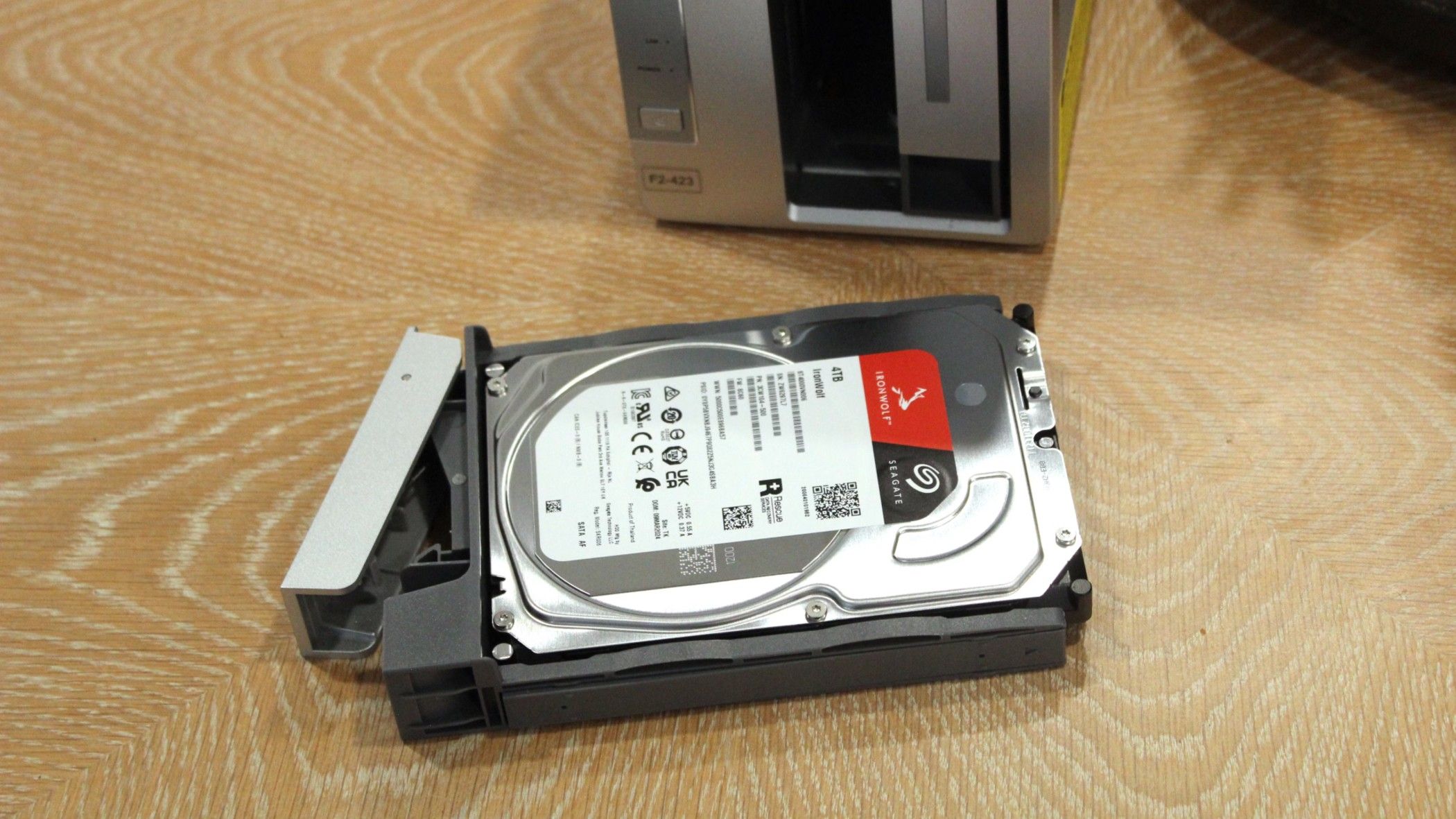UPDATE: Tech experts are sounding alarms over the dangers of relying on a single hard drive for data storage. Recent experiences reveal shocking vulnerabilities that could cost users their irreplaceable files. With hard drive failures occurring unexpectedly and without warning, many are left scrambling to recover lost data.
Experts emphasize that the fragility of hard drives can lead to devastating consequences. Just this week, a user reported losing all their important work files and cherished photos when their hard drive failed after just two years of use. This alarming incident highlights the urgent need to reevaluate data storage practices.
Why This Matters NOW: As digital storage becomes increasingly critical to daily life, the risk of data loss is greater than ever. Experts recommend immediate action to safeguard your information. The reality is that hard drives can fail at any moment, leaving users vulnerable to permanent data loss.
Data recovery can be both costly and time-consuming. A single failed drive can result in thousands of dollars spent on recovery services, not to mention the emotional toll of losing irreplaceable memories. This underscores the importance of implementing robust backup systems.
Key Insights:
1. **Backups Are Essential:** After experiencing data loss, many users realize that backups are not an optional feature but a crucial safety net. Experts recommend viewing backups as “memory insurance” to protect invaluable data. A single backup is simply not enough; redundancy is key.
2. **The Cost of Saving is High:** Many users opt for cheaper storage solutions, only to face higher costs later when recovery becomes necessary. Investing in quality storage solutions upfront can save both time and money in the long run.
3. **Cloud Storage Isn’t Foolproof:** While cloud services offer convenient access and protection from physical damage, they introduce their own set of risks, including syncing errors and accidental deletions. A hybrid approach that combines local storage with cloud backups is recommended for optimal safety.
4. **Human Error is a Major Factor:** The unpredictability of human behavior can derail even the best backup systems. Experts advise automating backups and syncing tasks to minimize the risk of forgetting critical updates.
5. **RAID for Peace of Mind:** Implementing a RAID setup offers an extra layer of protection, ensuring that data remains accessible even if one drive fails. Experts recommend transitioning to a Network Attached Storage (NAS) system for enhanced data integrity.
What to Do Next: Users are urged to immediately assess their current data storage methods. Transitioning to a NAS system, implementing RAID configurations, and establishing comprehensive backup routines could mean the difference between data loss and recovery.
The message is clear: relying on a single hard drive is a gamble that no one should take. As technology continues to evolve, the importance of safeguarding our digital lives cannot be overstated. Don’t wait for disaster to strike—take action NOW to protect your data!
For more information on optimizing your data storage strategy, consult with experts or trusted sources in technology and data management.



































































